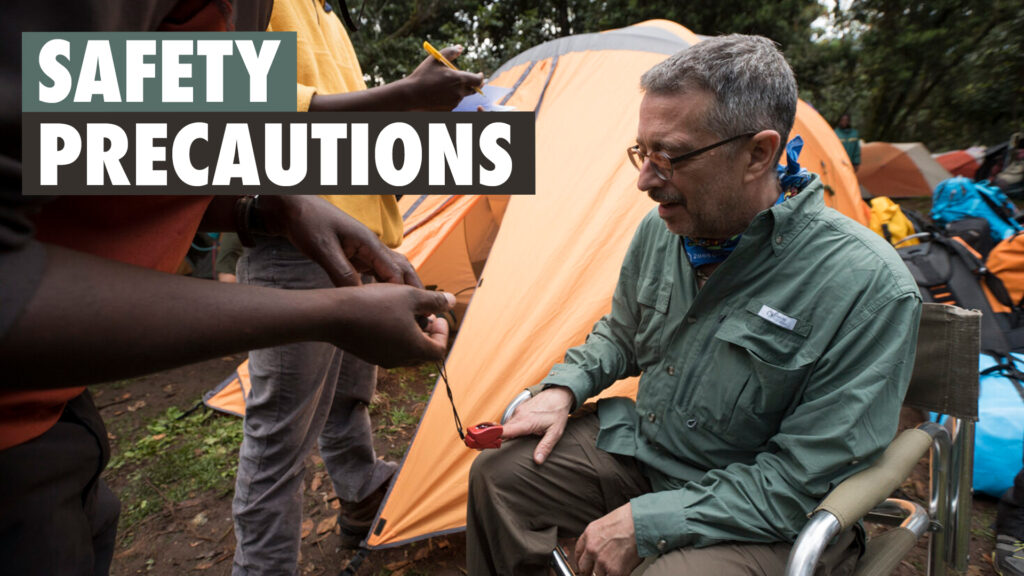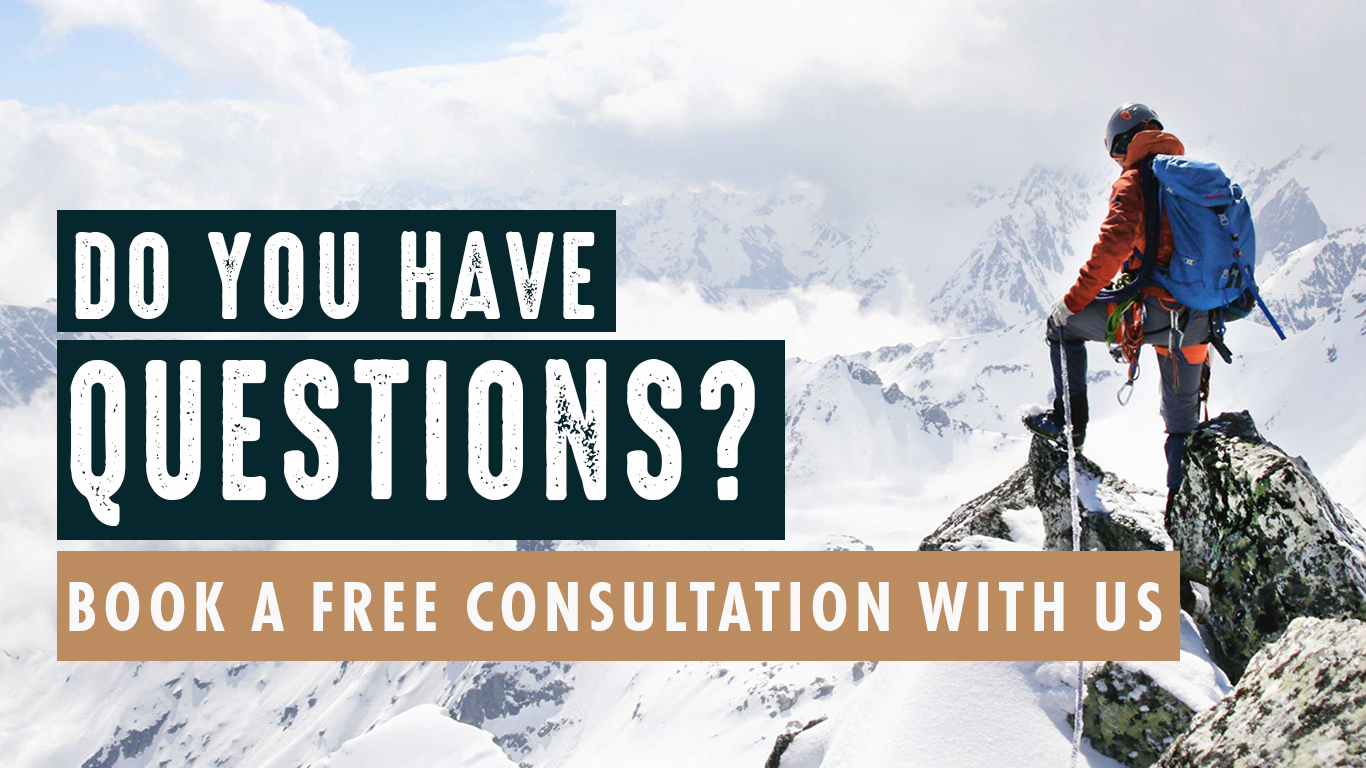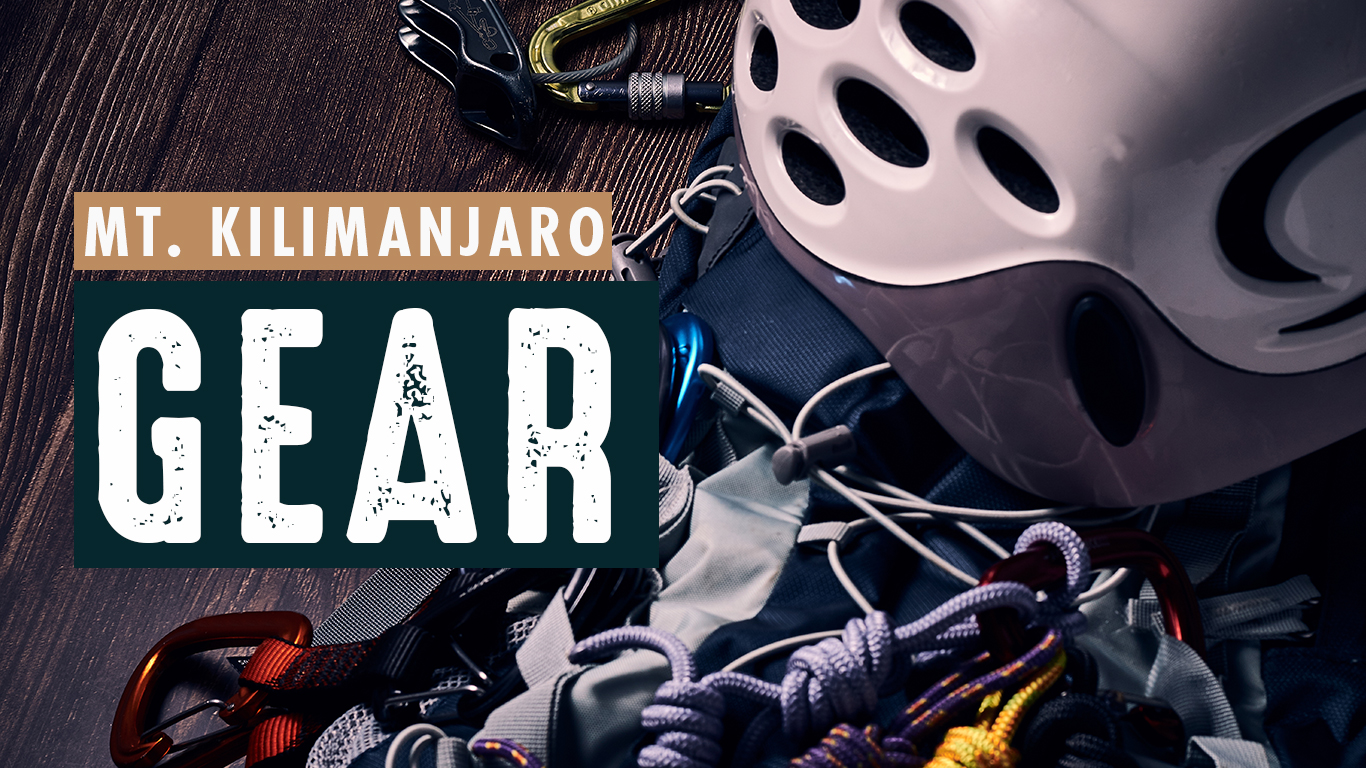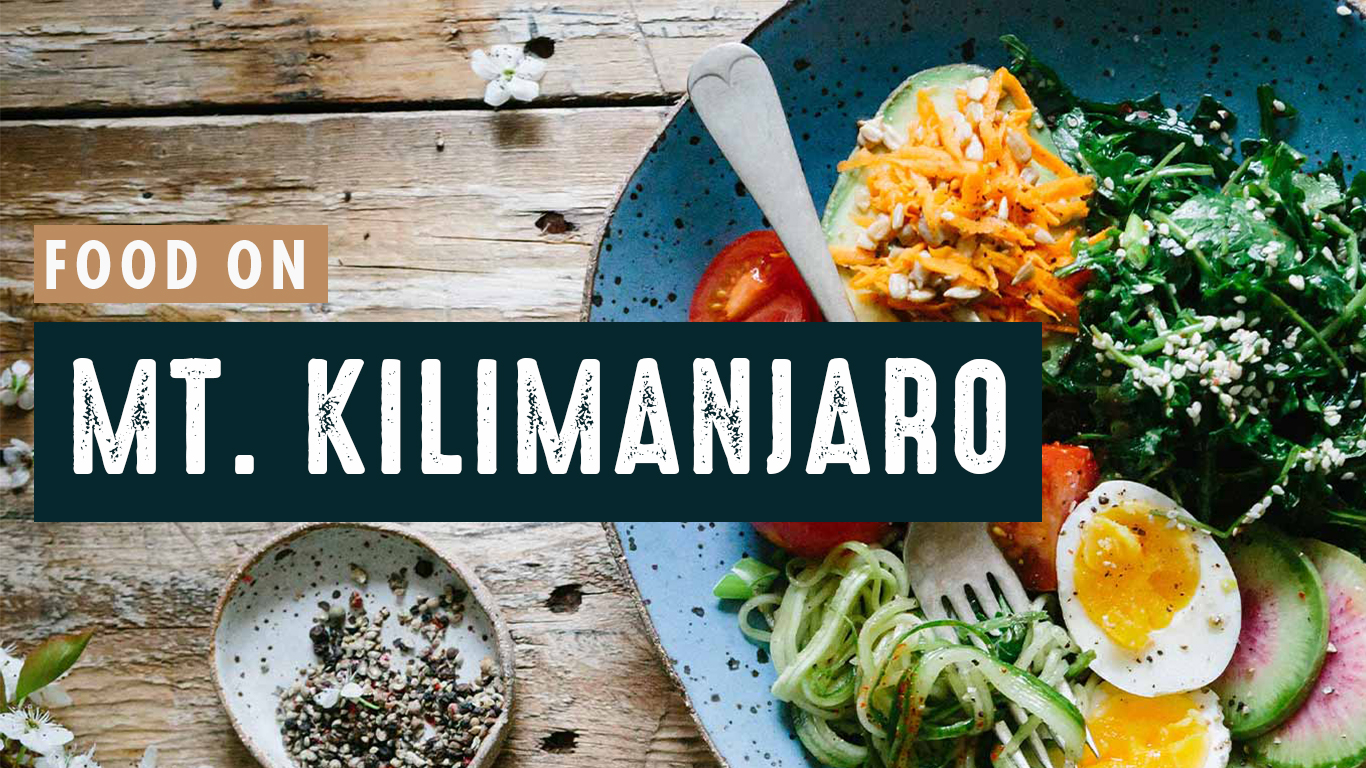
Ensuring safety on Mount Kilimanjaro is of utmost importance for a successful climb. Gradual ascent is key to acclimatizing to high altitudes; select an itinerary with adequate acclimatization days to minimize the risk of altitude-related illnesses like AMS (Acute Mountain Sickness). Familiarize yourself with the symptoms of altitude sickness (headaches, nausea, dizziness, etc. ; if you experience severe symptoms, descend immediately and seek medical attention.
Hiring an experienced guide and porter service is crucial, as they possess valuable knowledge about the mountain and can offer vital assistance in emergencies.
Invest in quality gear, especially clothing designed for cold and high-altitude conditions. Ensure your footwear is well-broken into prevent blisters. Maintain proper hydration and stick to a balanced diet; carry enough water and snacks to sustain you during the climb. Eating small, regular meals can help maintain energy levels. Here are other things you can do to prepare even better:
- Consult a physician before attempting the climb, especially if you have pre-existing medical conditions. They can provide guidance on whether you’re physically fit for the challenge.
- Be prepared for sudden changes in weather; carry waterproof gear, dress in layers, and have a contingency plan for extreme weather conditions.
- Purchase comprehensive travel insurance that covers medical emergencies, trip cancellations, and evacuation expenses, and confirm that it covers high-altitude trekking.
- Carry a well-stocked first aid kit with essential medical supplies, and ensure your guide is trained in basic first aid.
Prepare adequately with regular exercise and cardio training to build stamina and endurance for the climb. Pay attention to how you’re feeling and communicate any discomfort or concerns with your guide; they are trained to assess and respond to your well-being. Trust your guide’s expertise, as they have extensive knowledge of the mountain and will make decisions with your safety as the top priority.







